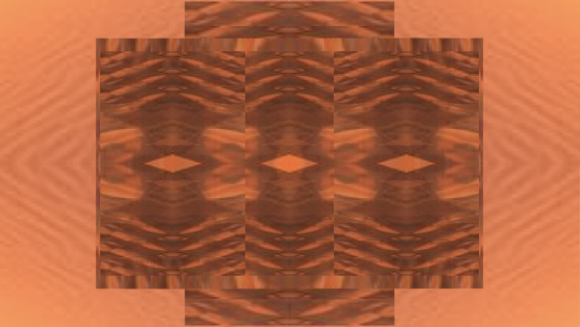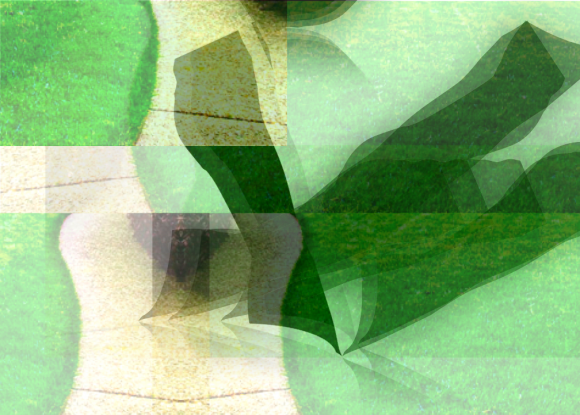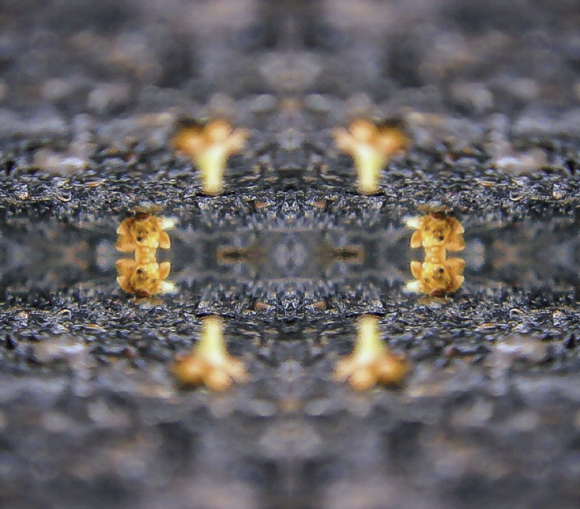In the final round of the 2010 Masters golf tournament, two commentators were surprised, for a brief moment, about a mysteriously unsuccessful putting stroke. And then the replay revealed what really had happened.
This little piece of anecdotal evidence nicely demonstrates a few points worth keeping in mind when something improbable occurs — worth keeping in mind because, once the discussion comes to synchronicities, one or the other of them regularly seems to fall out of sight.
First, unlikely events — events with a small probability — nonetheless do happen from time to time, and there is nothing mysterious about it: a low probability does not mean that something can’t happen; it just means that it happens very rarely. (Nor is it difficult to find a causal explanation in our example. Although no trees were particularly near, evidently the piece of wood would have fallen from a tree somewhere, and been carried over by the wind.)
Secondly, when something unlikely happens, there is a strong tendency in people (including calm and ‘technical’ sports commentators) to interpret it in terms such as ‘destiny’ or the will of ‘the gods’. It happens all the time, and it feels completely natural.
But such interpretation, thirdly, is clearly meant to be metaphorical: neither the commentators nor the audience are expected to have existential beliefs about the golfing gods, and there is no such thing as a mystical revelation implied in anything that was said. In other words: if the episode recorded on TV here were to prompt an interesting further investigation, it would not be a theological one, but a psychological one: it would not be about the acts of the golfing gods, but about the human tendency to apply such notions when witnessing something out of the ordinary.

On a final note: the player who performed the putt was Phil Mickelson, who went on to actually win the tournament. So whatever the episode meant, it certainly wasn’t that the golfing gods were against him.



